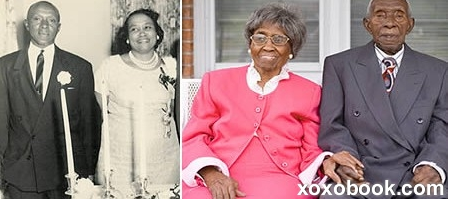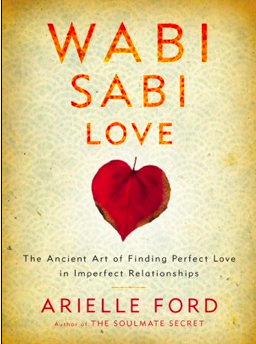I recently came across this story that is credited to a major daily newspaper, the Houston Chronicle:
“On Nov. 18, 1995, Itzhak Perlman, the violinist, came on stage to give a concert at ![Perlman-Itzhak-06[Inaugural_Preparations]-1](/wabisabilove/wp-content/uploads/2011/08/Perlman-Itzhak-06Inaugural_Preparations-1-300x209.jpg) Avery Fisher Hall at Lincoln Center in New York City. If you have ever been to a Perlman concert, you know that getting on stage is no small achievement for him.
Avery Fisher Hall at Lincoln Center in New York City. If you have ever been to a Perlman concert, you know that getting on stage is no small achievement for him.
He was stricken with polio as a child, and so he has braces on both legs and walks with the aid of two crutches. To see him walk across the stage one step at a time, painfully and slowly, is an unforgettable sight. He walks painfully, yet majestically, until he reaches his chair.
Then he sits down, slowly, puts his crutches on the floor, undoes the clasps on his legs, tucks one foot back and extends the other foot forward. Then he bends down and picks up the violin, puts it under his chin, nods to the conductor and proceeds to play.
By now, the audience is used to this ritual. They sit quietly while he makes his way across the stage to his chair. They remain reverently silent while he undoes the clasps on his legs. They wait until he is ready to play.
But this time, something went wrong. Just as he finished the first few bars, one of the strings on his violin broke. You could hear it snap -it went off like gunfire across the room. There was no mistaking what that sound meant.
People who were there that night thought to themselves: “We figured that he would have to get up, put on the clasps again, pick up the crutches and limp his way off stage – to either find another violin or else find another string for this one.”
But he didn’t. Instead, he waited a moment, closed his eyes and then signaled the conductor to begin again. The orchestra began, and he played from where he had left off. And he played with such passion and such power and such purity as they had never heard before.
Of course, anyone knows that it is impossible to play a symphonic work with just three strings. I know that, and you know that, but that night Itzhak Perlman refused to know that. You could see him modulating, changing, recomposing the piece in his head. When he finished, there was an awesome silence in the room.
And then people rose and cheered. There was an extraordinary outburst of applause from every corner of the auditorium. We were all on our feet, screaming and cheering, doing everything we could to show how much we appreciated what he had done.
He smiled, wiped the sweat from this brow, raised his bow to quiet us, and then he said, not boastfully, but in a quiet, pensive, reverent tone, “You know, sometimes it is the artist’s task to find out how much music you can still make with what you have left.”
What a powerful line that is. Perhaps our task in this shaky, fast-changing, bewildering world in which we live is to make music, at first with all that we have, and then, when that is no longer possible, to make music with what we have left.”
Doesn’t this story scream Wabi Sabi? The musician found beauty and perfection in the imperfection of the moment….the audience was right there with him.
Lemonade was made of divine, harmonic lemons….or was it?
It turns out this story isn’t true (www.snopes.com is my source). It’s an urban legend. Does this make the story useless or any less valuable?
One of my favorite quotes is this:
“It’s a both/and world. It’s both the way you say it is AND the way I say it is.”
While this story is “essentially” untrue, for me it has meaning, value, beauty and purpose. I love that the message of the story is inspiring and it’s also about “not quitting” and “overcoming obstacles” and finding creative solutions to seemingly insurmountable problems.
What stories about your own life, or your relationship are you holding as “true” or “untrue” that are preventing you from having more love and joy? Sometimes embracing the lens of Wabi Sabi is all you need to broaden your interpretation of things as well as open your heart.
This blog post sponsored by Arielle Ford’s Big Love on CTR Talk Radio
 carried across her neck. One of the pots had a crack in it while the other pot was perfect and always delivered a full portion of water.
carried across her neck. One of the pots had a crack in it while the other pot was perfect and always delivered a full portion of water.![Perlman-Itzhak-06[Inaugural_Preparations]-1](/wabisabilove/wp-content/uploads/2011/08/Perlman-Itzhak-06Inaugural_Preparations-1-300x209.jpg)
















